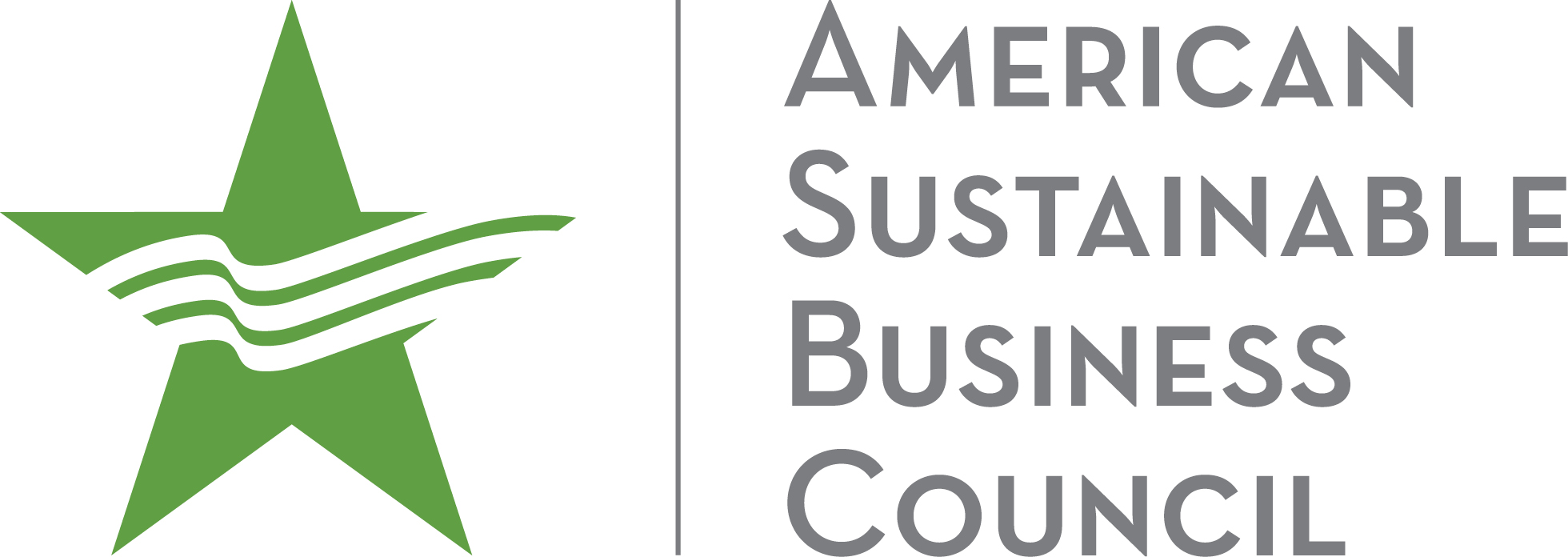Small Business Leaders Say Stop Using Bogus Claims to Defend Special Tax Breaks for the Top 2 Percent
Temporary Top-Rate Bush Tax Cuts Should Expire On Schedule
Published 07-25-12
Submitted by American Sustainable Business Council
Three national business networks – Business for Shared Prosperity, the Main Street Alliance, and the American Sustainable Business Council – are calling on Senate Minority Leader Mitch McConnell and other congressional leaders to stop using bogus small business claims to justify their defense of special tax breaks for the richest 2 percent of Americans.
In reality, the vast majority of small business owners have less than $250,000 in taxable personal income and receive the middle-class tax cuts, not the extra tax cuts for the wealthy. A U.S. Treasury Department study found that only 2.5 percent of small business owners earn enough to be in the top two tax brackets.
“We hear a lot of noise about taxes and job creators and not enough common sense,” said Joseph Rotella, owner of Spencer Organ Company based in Waltham, Mass., and a member of Business for Shared Prosperity. “I don’t base decisions on whether to hire a new employee on my tax rate, but rather how much work we have. Taxes are what I pay on my business profits — that means after deducting expenses, not before expenses. I don’t just think about what I pay in taxes, but what my taxes buy. Tax cuts that lead to cuts in important infrastructure and public services hurt my business, my employees and the communities we live in.”
“The U.S. Chamber of Commerce and the NFIB don’t speak for small businesses like ours when it comes to the Bush tax cuts for the top 2 percent,” said ReShonda Young, operations manager at Alpha Express, Inc, a transportation and contracting business in Waterloo, Iowa, and a leader with the Iowa Main Street Alliance. “Those groups may claim to speak for small businesses, but they’re advancing the financial interests of hedge fund managers, high-powered lobbyists, and their own senior executives who make more than a quarter million dollars a year – not the interests of local, independent small businesses.”
In the six years between the 2001 Bush tax cuts and the Great Recession, employment grew just 4.8 percent compared with 16.2 percent in the six years after Clinton’s 1993 tax increase.
“The record is clear that lower tax rates for the highest incomes don’t generate better job creation,” said David Levine, CEO of the American Sustainable Business Council. “It’s time for wealthy Americans to pay their fair share of taxes and for Congress to stop shortchanging investment in our infrastructure, education and other critical areas that strengthen our economy for long-term job creation.
Business for Shared Prosperity is a network of forward thinking business owners, executives and investors. BSP produced the report, The Business Case for Restoring Tax Rates for High-Income Taxpayers to Pre-Bush Levels. www.businessforsharedprosperity.org
The Main Street Alliance is a network of state and locally based small business coalitions that creates opportunities for small business owners to speak for themselves on issues that impact their businesses and local economies. www.mainstreetalliance.org
The American Sustainable Business Council is a growing coalition of business networks representing over 150,000 companies and 300,000 business leaders. ASBC advocates for public policies that meet the realities of the 21st century global economy. www.asbcouncil.org

American Sustainable Business Council
American Sustainable Business Council
The American Sustainable Business Council (ASBC) is a national coalition of mission-driven businesses, social enterprises and sustainable business networks working to create a vibrant, just and sustainable economy. What unites us is a deep belief that we must move to a new economy that is grounded in principles of sustainability and equity.
The Council represents over 55,000 businesses and enterprises and more than 150,000 executives, owners, investors, entrepreneurs and business professionals. It is comprised of partners, which are organizations that represent businesses and social enterprises as well as entrepreneurs, executives, owners and investors committed to building a vibrant, just, and sustainable economy. ASBC promotes policy change by educating and informing the business community, policy makers and the media about the business case for change, and by engaging the leaders of businesses and enterprises in building broad support for the policies America needs. We work on a range of policy areas, including: financial reform, health care, chemicals policy, climate change and business taxes. We believe that the policies that will lead us to a sustainable and just economy are also good for business and good for America. Making the right commitments and investments will produce more and better jobs, build strength in key technologies, and make the U.S. more independent and secure.More from American Sustainable Business Council

